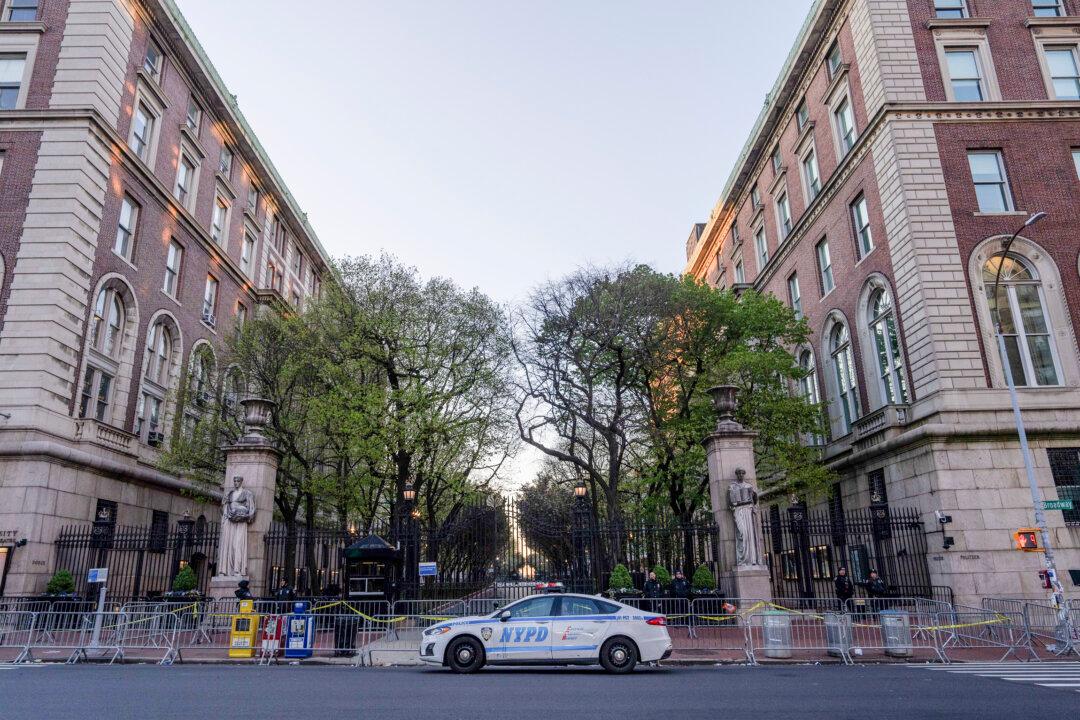A U.S. Army soldier pleaded guilty on Wednesday to teaching ISIS fighters to be better able to kill his fellow service members.
22-year-old Cole Bridges of Stow, Ohio, pled guilty to attempting to provide material support to ISIS, a designated foreign terrorist organization. Bridges further pled guilty to attempting to murder U.S. military service members by way of his support for ISIS.
Bridges, also known as Cole Gonzales, was a private in the Army and assigned as a cavalry scout in the 3rd Infantry Division based in Fort Stewart, Georgia, when he was arrested and charged in January 2021.
The soldier enlisted in the Army in September 2019, and by late 2019, his online activity indicated an interest in jihadist ideology. By September 2020, his online activity turned to lengthy conversations with an undercover agent he believed was working with ISIS.
Terrorist Training
Prosecutors alleged Bridges’ late 2019 internet searches included “us soldier shooting“ and ”badass jihadi.” By August 2020, a social media account under the name Cole Gonzales shared a post with a quote describing a conflict between the Islamic and secular. The social media post attributed the quote to militant jihadist Shayk Sulayman Ibn Nasir Al-Alwan. Al-Awan had allegedly mentored one of the Sept. 11, 2001 highjackers and was imprisoned in Saudi Arabia on charges of financing Al-Qaeda.Beginning in around September 2020, prosecutors allege Bridges began communicating online with an FBI employee who posed as a female ISIS. Bridges allegedly claimed he had connections with ISIS and Hamas, another designated foreign terrorist organization. He also claimed he joined the Army as a way to obscure his jihadist leanings.
“I used to have connections with people in Hamas and ISIS, and my family found out, and the government could have arrested me,” Bridges allegedly wrote the undercover FBI employee in September of 2020. “So I needed to prove to them I wasn’t what they thought I was, and I needed the government to get off my back. I don’t tell people I’m in the military, and I hate displaying the U.S. flag on my shoulder.”
Bridges touted his combat training as he continued to communicate online with the undercover FBI agent. By October, the undercover agent began asking if Bridges if he had considered sharing his military knowledge with fellow ISIS supporters.
Bridges expressed a willingness to communicate with the undercover agent’s ISIS contacts and eventually said he would be willing to prepare videos and a training manual and “someday inshallah ta’ala actually [if god the almighty wills it] being able to physically teach brothers of the ummah [Muslim community] that want to fight.” At points, Bridges acknowledged the limitations of book knowledge and instructional videos and the value of physically rehearsing certain combat scenarios in order to do them effectively.
The soldier allegedly shared knowledge about multiple different combat scenarios, including instructions on how to “break contact” when attacked and how to effectively ambush an opposing force by luring them into a “bottleneck” or “kill zone.” At several points during their communications in October of 2020, the undercover agent continued to reference ISIS contacts in the United States in need of training for an upcoming “operation.”
Sentence
Bridges initially pled not guilty to the federal terrorism charges but changed his pleading before the case could go to trial.The counts of providing material support for the terrorist group and attempting to murder U.S. military service members each carry a maximum sentence of 20 years in prison. Bridges’ sentencing hearing is scheduled for Nov. 2.





